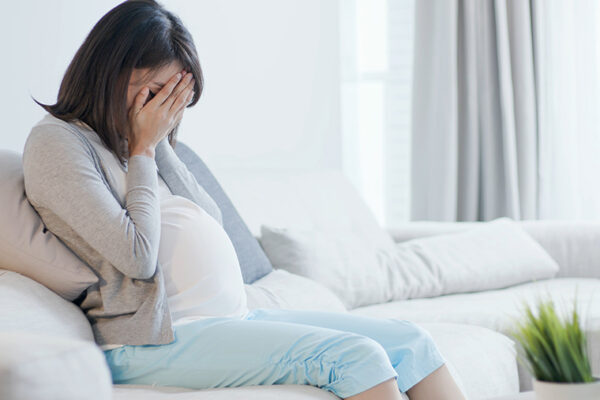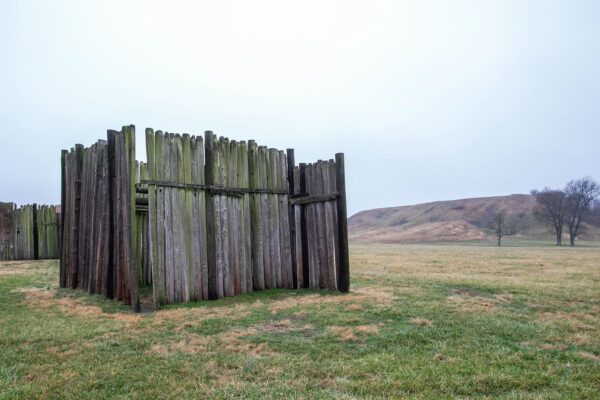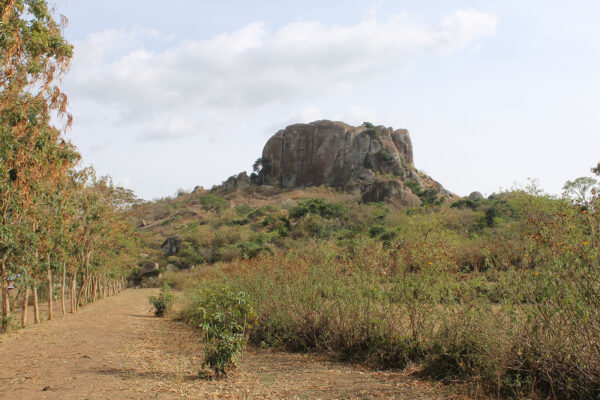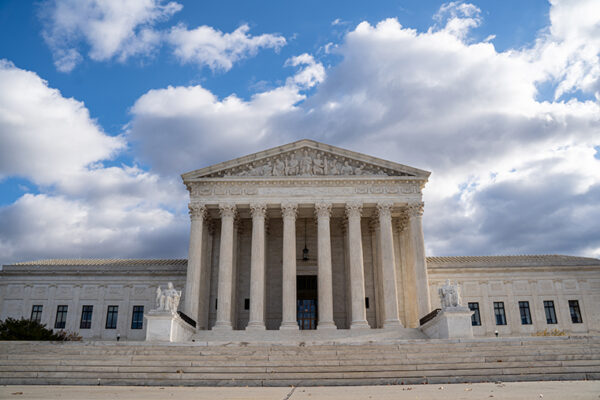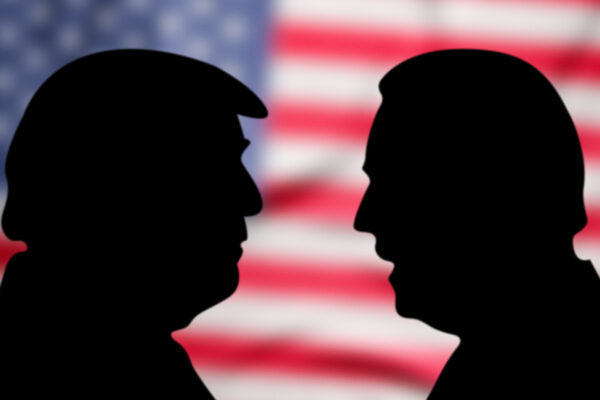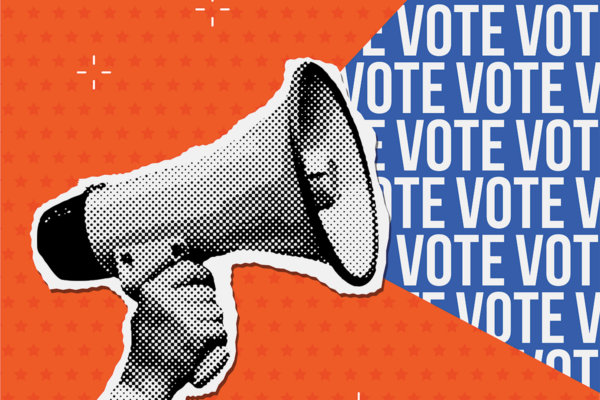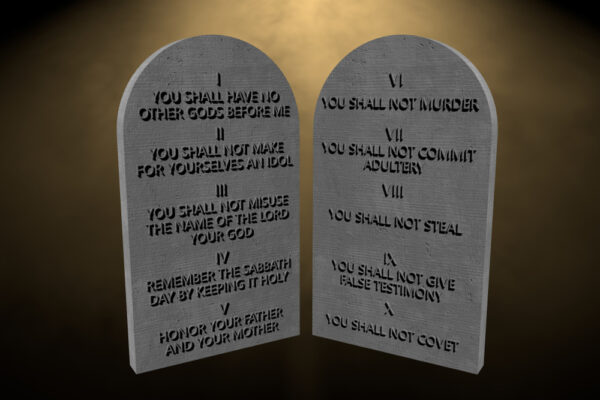High stress during pregnancy linked to elevated cortisol in toddlers’ hair, study finds
A study conducted by Theresa Gildner, an assistant professor of biological anthropology in Arts & Sciences, suggests that prenatal depression can having a lasting impact on the mother’s child, influencing how he or she responds to stress.
Experts outline strategic roadmap for public health advancements
Ross C. Brownson of the Brown School makes recommendations for transforming the U.S. public health system in the aftermath of the COVID-19 pandemic.
New study adds to mystery of Cahokia exodus
Natalie Mueller, an assistant professor of archaeology in Arts & Sciences, and alumna Caitlin Rankin dig into the Cahokia Mounds’ history to cast doubt on a popular theory about why the ancient city was abandoned.
Archaeologists report earliest evidence for plant farming in east Africa
Natalie Mueller in Arts & Sciences excavated and identified a trove of ancient plant remains in Kenya that represents the largest and most extensively dated archaeobotanical record from east Africa.
SCOTUS Chevron decision not as dramatic as some had feared
The demise of Chevron is unlikely to result in the dramatic curtailment of agency power that some had desired and some had feared, said Ronald Levin, the the William R. Orthwein Distinguished Professor of Law.
WashU Expert: What’s at stake in Biden’s gamble
Known as a “gamble for resurrection,” leaders in crisis have long pursued risky actions in a final attempt to resurrect their careers. Dan Butler, professor of political science in Arts & Sciences, says the Democratic party is currently weighing its own gamble following Biden’s disappointing first debate.
‘An amazing story’
Gerald Early, who served as a curatorial consultant for a new exhibit on Black baseball at the Baseball Hall of Fame in Cooperstown, discusses The Souls of the Game.
The continued need for DEI in the workplace
Sociologist Adia Harvey Wingfield sheds light on the ways racism persists in professional settings and offers a path forward for employers.
Reframing voting as ‘duty to others’ key to increasing engagement, turnout
New research by Hannah Birnbaum, assistant professor of organizational behavior at Olin Business School, suggests that when people view voting as a duty to others — rather than to themselves — they’re more likely to feel an obligation to vote.
Ten Commandments display probably not legal
Louisiana’s recent legislation requiring the display of the Ten Commandments in every public school classroom is likely unconstitutional under the current framework of the Establishment Clause, said an expert on law and religion at Washington University in St. Louis.
Older Stories
